Mississippi’s New Vape Law Raises Major Concerns for the Industry
Mississippi’s vape industry, which contributes $135 million to the state’s economy and generates $23 million in tax revenue, is facing a significant challenge. The recently signed House Bill 916 mandates that all vape products sold in Mississippi be FDA-authorized, a move that many argue unfairly benefits Big Tobacco while threatening independent vape businesses.
What the Law Entails
House Bill 916, signed into law last week, will take effect on October 1, 2025. Under this new regulation, only vape products that have received FDA authorization will be allowed for sale in the state. Currently, only three major companies—Logic Technology (Japan Tobacco International), NJOY (Altria), and R.J. Reynolds Vape Company—meet this requirement. This effectively shuts out smaller, independent vape businesses that do not have the financial resources or political influence to navigate the FDA’s complex and expensive authorization process.
Economic Impact and Industry Backlash
The Mississippi vape industry is a crucial economic driver, supporting over $30 million in wages and sustaining thousands of jobs. Small business owners warn that these new restrictions will lead to devastating revenue losses, potential shop closures, and job cuts. Additionally, limiting consumer access to a variety of vape products could drive customers to out-of-state or illicit markets, ultimately harming Mississippi’s tax revenue stream.
Regulatory and Legal Concerns
The timing of this law raises questions, particularly given a recent Fifth Circuit Court ruling in 2024 that found the FDA acted “arbitrarily and capriciously” when rejecting flavored e-cigarette applications. The new law does not take this ruling into account, nor does it consider the FDA’s own data, which shows that youth e-cigarette use had already declined to its lowest level in a decade before the Biden administration’s crackdown on flavored vape products.
Who Really Benefits?
Critics argue that House Bill 916 disproportionately favors Big Tobacco by eliminating competition from independent vape companies. Mississippi, once a leader in holding Big Tobacco accountable, now appears to be handing control of the vaping market over to the very corporations it once challenged. By limiting consumer choice and blocking innovative alternatives, the law threatens to push consumers back to traditional cigarettes or unregulated products.
What’s Next for the Industry?
Industry leaders, vape advocacy groups, and small business owners are now considering their legal options to challenge the law. Meanwhile, on a national level, former President Trump has indicated that he may review vaping regulations should he return to office, potentially altering the regulatory landscape once again.
As the October 1, 2025, deadline approaches, Mississippi vape retailers must prepare for significant changes. Whether through legal battles or potential political shifts, the fight to preserve independent vape businesses and consumer choice is far from over.
Stay tuned for updates as this critical issue continues to unfold.

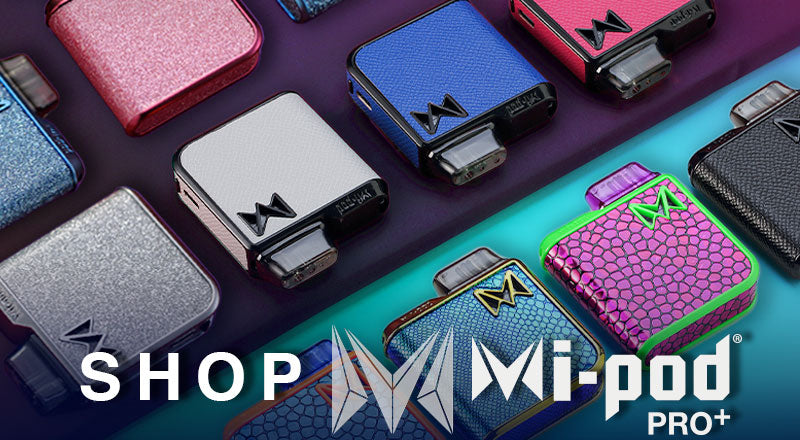
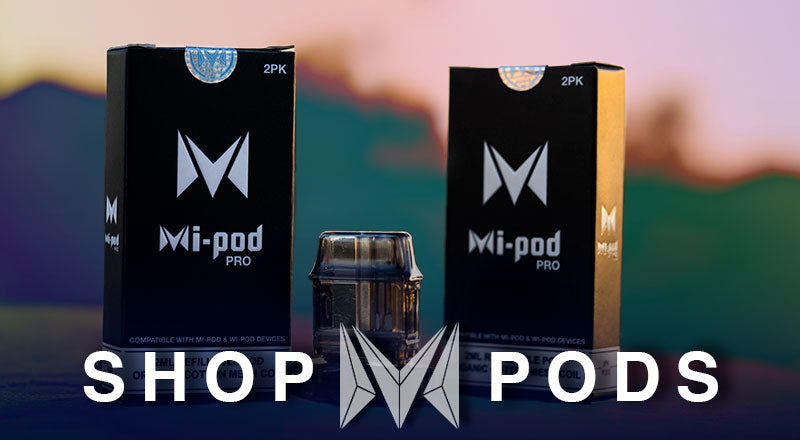
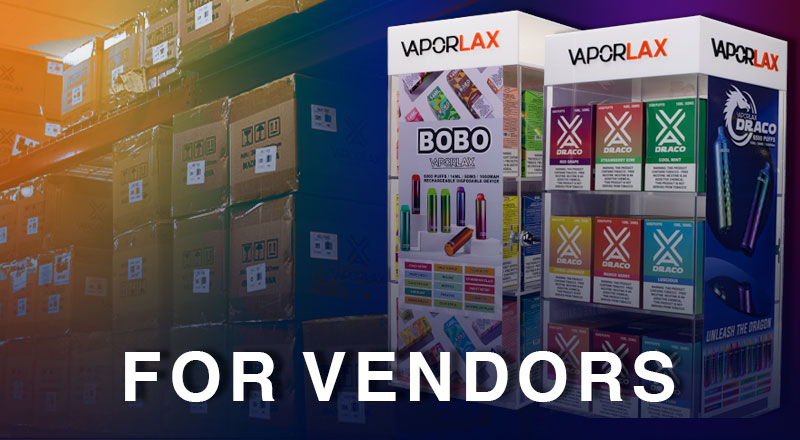
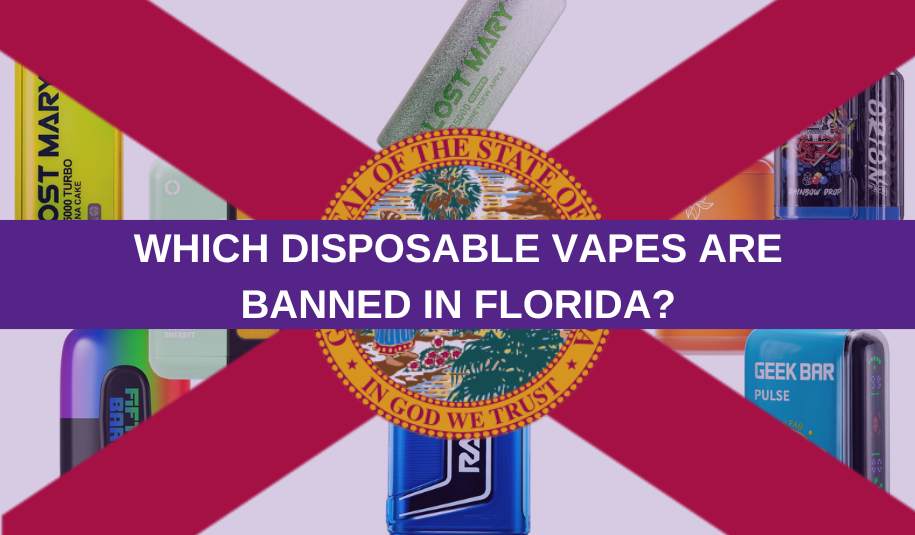
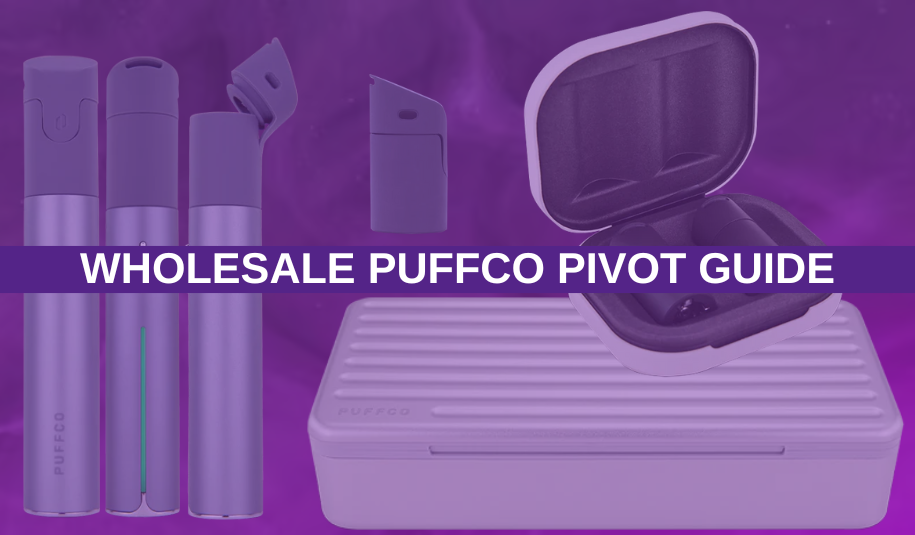
Leave a comment
This site is protected by hCaptcha and the hCaptcha Privacy Policy and Terms of Service apply.